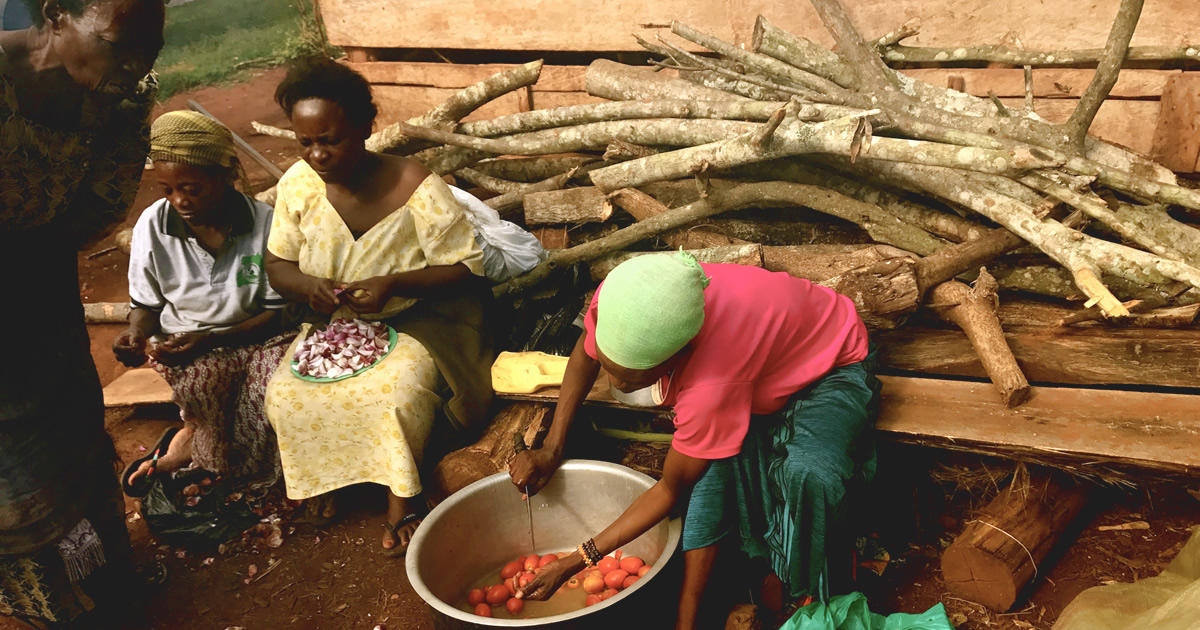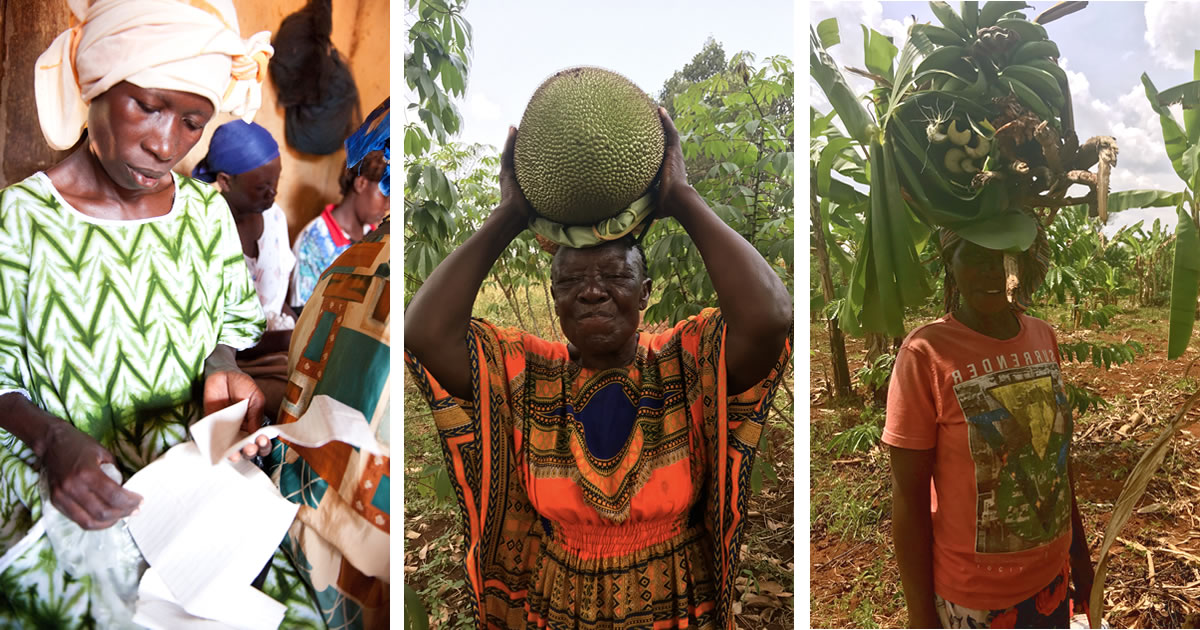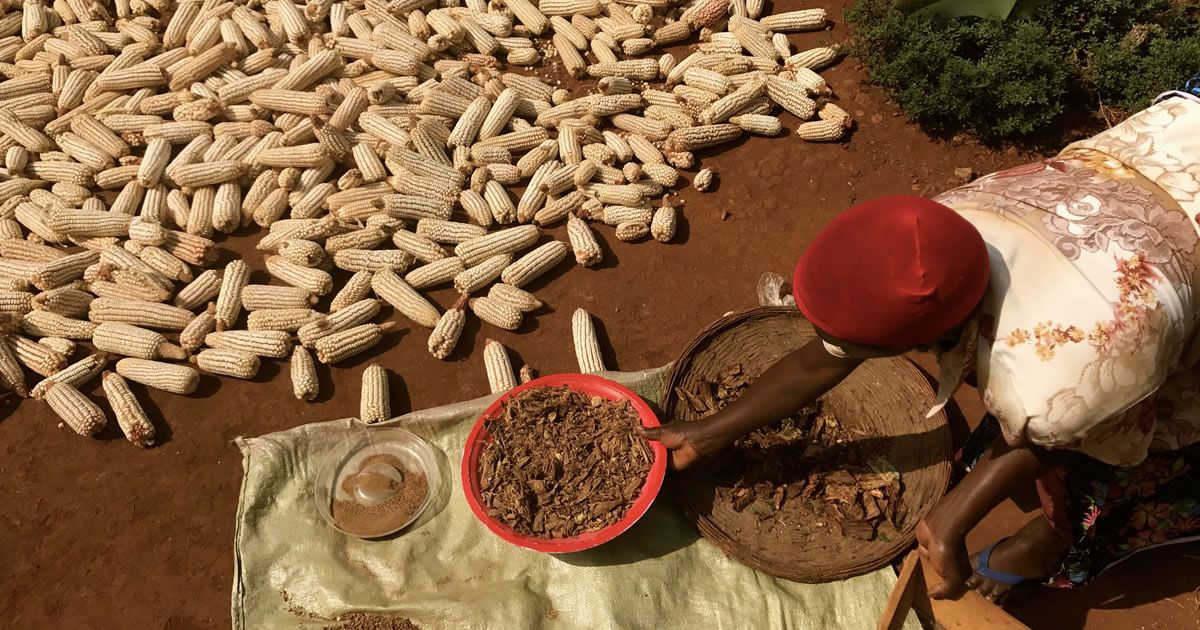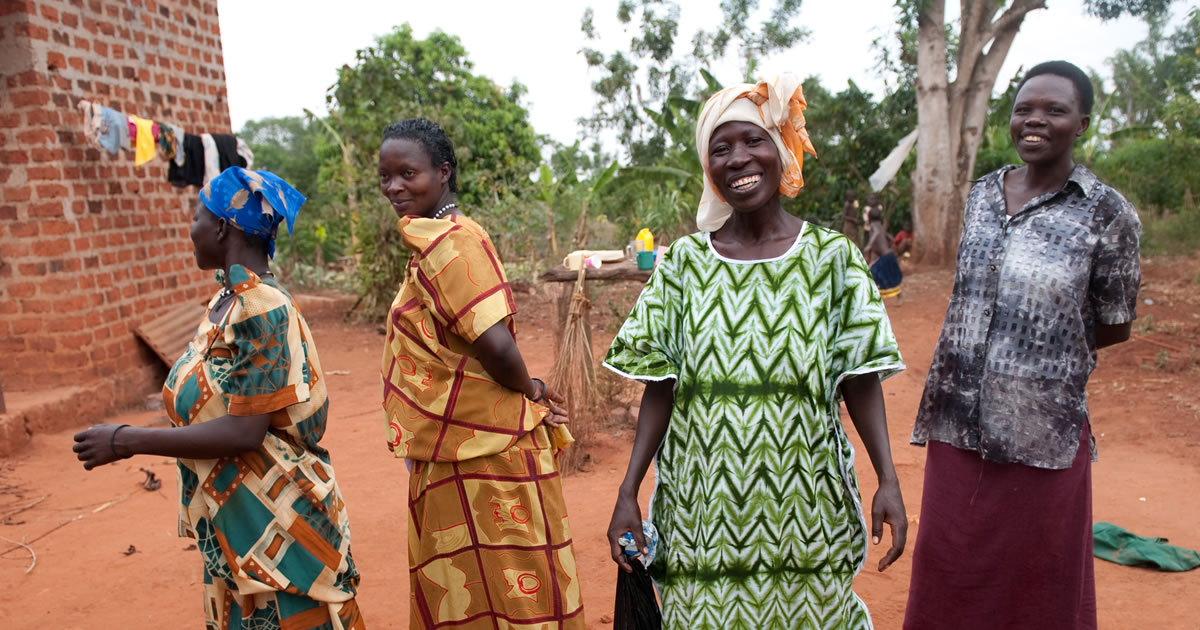Ugandan women work longer hours than men, have limited access to resources, and exercise little or have no control over what they produce. The result is that women are among the worst affected by poverty.

Additionally, women bear the greater burden of caring for the sick and the children orphaned by HIV/AIDS. Their daily responsibilities leave them overstretched, and their ability to assure that food is on the table becomes severely compromised.
Agriculture is the main occupation of women in Uganda. Nationwide, 72% of all employed women and 90% of all rural women work in agriculture. Only 53% of rural men do so.

Women undertake sowing, harvesting, head-loading of produce, crop-drying, and many other tasks. Women do about 85% of the planting, 85% of the weeding, 55% of land preparation and 98% of all food processing. However, decisions to market are usually made by men (70%). In rural areas, women's workloads considerably exceed those of men.

Traditionally, men are responsible for cash crops, but women tend to be involved at all stages, with men becoming more active close to market time. Women and children tend to be delegated the farm tasks that are tedious and time consuming. Women not only work rigorously hard for long hours, they also must care for their children who often work alongside them.
OneMama holistically supports Uganda's women in order to best solve the issues that plague them. From online donations to on-site volunteering, OneMama provides individualized ways for you to become part of a positive, sustainable effort in improving mothers' lives.

Information sourced from IFAD.


